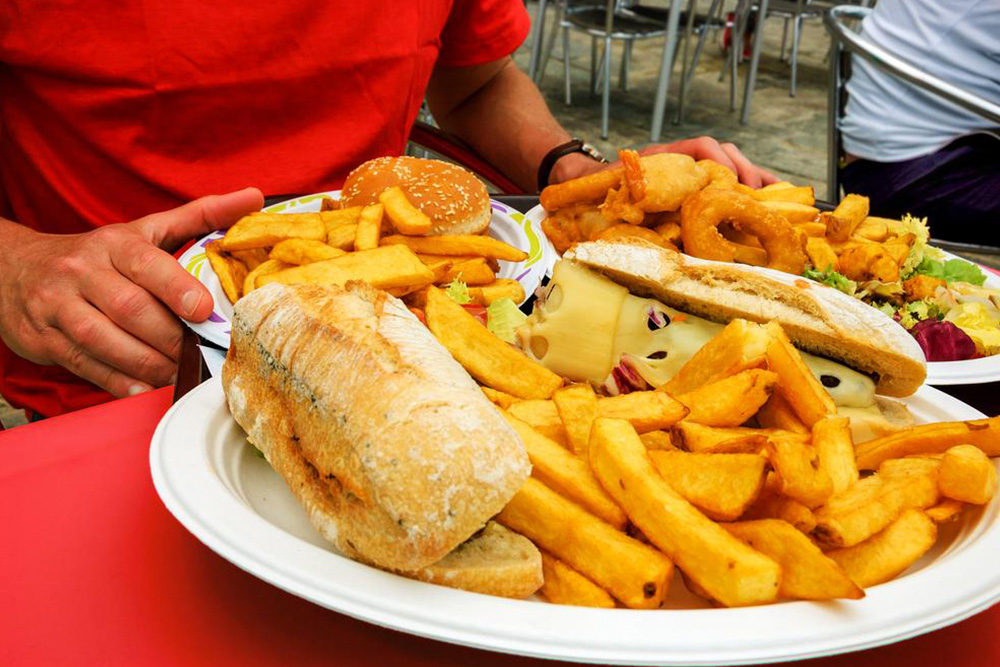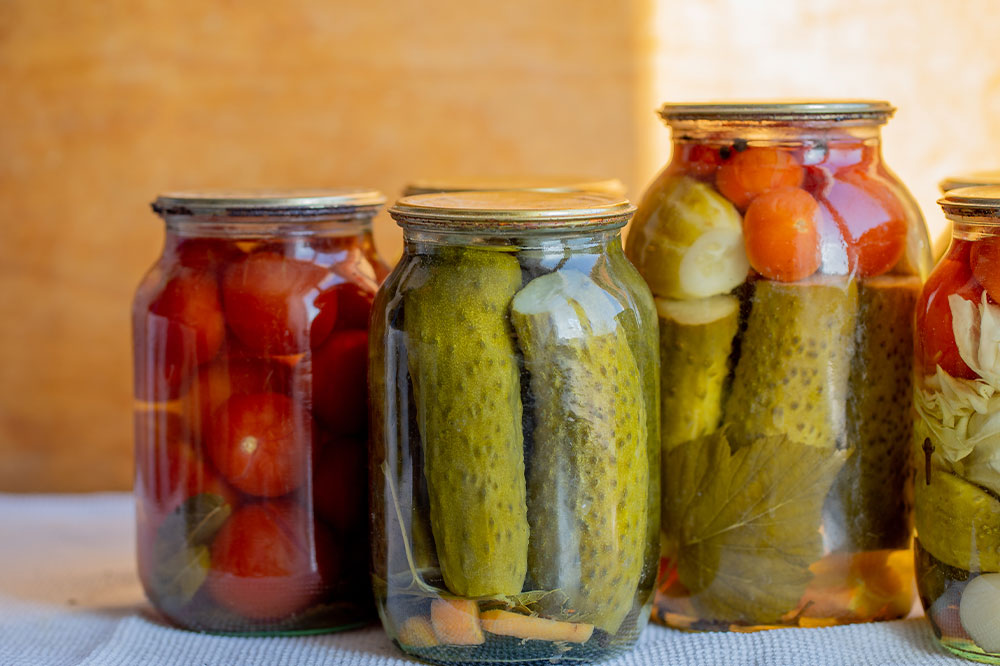Essential Dietary Guidelines for Patients with Advanced Breast Cancer
This comprehensive guide explores essential dietary guidelines for advanced breast cancer patients, emphasizing foods to avoid such as alcohol, trans fats, and red meats. It provides practical advice on nutrition that can support treatment, reduce risk of metastasis, and improve quality of life. Proper dietary management is crucial for optimizing health outcomes and empowering patients to manage their condition effectively during their cancer journey.

Critical Food Choices and Avoidances for Managing Advanced Breast Cancer
Maintaining a well-planned diet plays a crucial role in managing advanced or metastatic breast cancer. Proper nutrition can support treatment efficacy, bolster the immune system, and potentially slow disease progression. Conversely, certain foods may interfere with therapies, exacerbate symptoms, or promote tumor growth. Understanding which foods to limit or avoid can significantly improve health outcomes and enhance quality of life for patients battling advanced breast cancer. This comprehensive guide highlights key dietary considerations essential for effective disease management.
Alcohol Consumption
One of the most critical dietary factors to avoid is alcohol. Numerous scientific studies have consistently demonstrated that alcohol intake can adversely affect breast cancer patients. Alcohol consumption may interfere with the effectiveness of treatments like chemotherapy, hormone therapy, or targeted therapies. Additionally, alcohol influences hormonal levels by increasing estrogen production, which can stimulate the growth and proliferation of hormone receptor-positive breast cancer cells. Evidence indicates that even moderate drinking—such as three alcoholic beverages per week—can increase the risk of metastasis by approximately 15%. Higher consumption levels further escalate this risk. Therefore, abstaining from alcohol altogether is highly recommended for individuals diagnosed with advanced breast cancer, as it may help slow disease progression and improve overall prognosis. Patients should consult their healthcare providers to develop personalized nutritional strategies aligned with their treatment plans.
Unhealthy Dietary Fats
Fats are essential nutrients in a balanced diet; however, not all fats are beneficial, especially during cancer treatment. Consumption of unhealthy fats, primarily trans fats, should be strictly limited or avoided. Trans fats are commonly found in processed foods such as cookies, pastries, donuts, crackers, and snack foods. These fats are linked to inflammation, immune suppression, and increased risk of chronic illnesses, including cancers. Additionally, trans fats can promote a pro-inflammatory environment conducive to tumor growth. Instead, patients are encouraged to incorporate healthy, plant-based fats from sources like nuts, seeds, avocados, and olive oil, which offer anti-inflammatory properties and support cellular health. Choosing whole, unprocessed foods rich in omega-3 fatty acids can enhance overall well-being and aid recovery during cancer treatment.
Red Meat and Processed Meats
Research shows a correlation between high red meat consumption and increased risk of breast cancer metastasis. Red meats such as beef, pork, and lamb contain compounds that, when cooked at high temperatures, release toxins like heterocyclic amines and polycyclic aromatic hydrocarbons. These substances are known carcinogens that can damage DNA and promote the development and spread of cancer cells. Cooking methods like grilling, frying, or broiling intensify these effects, making it advisable to limit red meat intake. Instead, patients should consider plant-based proteins, lean poultry, fish, or legumes as safer alternatives. Emphasizing a diet rich in vegetables, fruits, grains, and plant-derived proteins supports the immune system and aids in maintaining body weight and strength during treatment.
It is vital for patients with advanced breast cancer to work closely with healthcare professionals such as registered dietitians or nutritionists. Personalized dietary plans can ensure adequate nutrient intake without compromising treatment efficacy. Proper nutrition not only helps manage symptoms but also enhances patients' resilience and quality of life, empowering them to face their disease more effectively.
In summary, the dietary guidelines for advanced breast cancer patients emphasize avoiding alcohol, unhealthy fats, and red meats. Focusing on nutrient-dense, anti-inflammatory, and minimally processed foods supports the body's ability to fight cancer, improves treatment outcomes, and promotes overall health during a challenging period.





